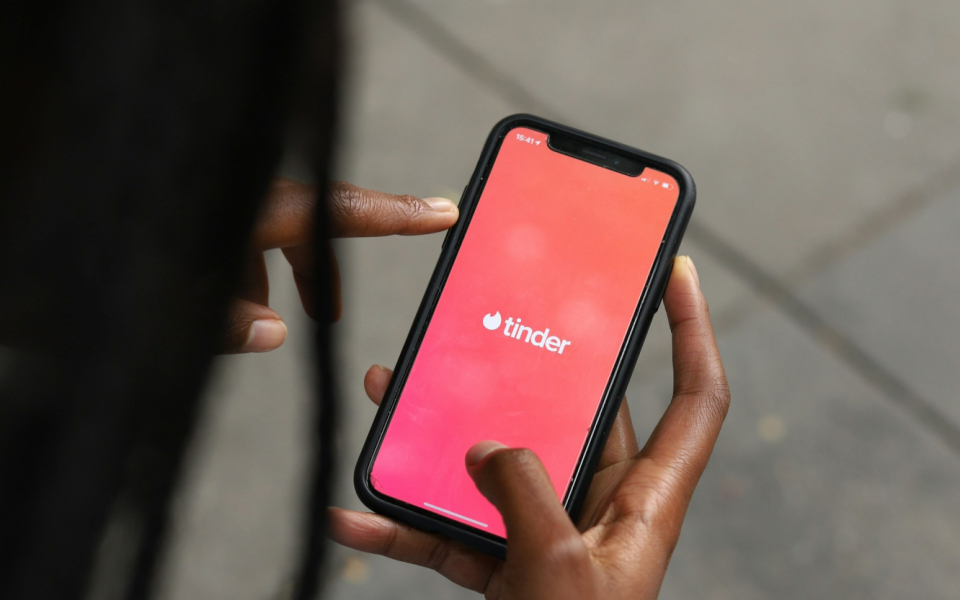In a recent note to investors, analyst Cory A Carpenter from JPMorgan highlighted insights gained from a meeting with Match Group Inc's
The meeting reaffirmed Match Group's confidence in Tinder's performance, with expectations aligned with management's projections and guidance.
Carpenter noted that Tinder's anticipated positive net adds in the third quarter are expected to be driven by conversion improvements rather than shifts in top-of-the-funnel trends. According to Kim, these conversion gains will stem from a series of optimizations, including tailored subscription offerings and localized feature sets.
Emphasizing a commitment to incremental improvements, Kim described Tinder's strategy as focusing on "a portfolio of mini innovations" rather than pursuing a single, big "silver bullet" transformative change.
"Tinder does not plan to pivot away from swiping & quick decisions, which will remain central to the user experience," Carpenter quoted Kim as saying. However, the platform aims to enhance user engagement through additional profile depth and improved discovery mechanisms, such as shared interests.
The note also addressed Match Group's recent board changes, including the addition of Laura Jones, the chief marketing officer of Maplebear Inc., which does business as (dba) Instacart, and Spencer Rascoff, co-founder of Zillow Group Inc
Carpenter interpreted these appointments positively, suggesting they reflect a commitment to product and marketing innovation rather than financial engineering. The analyst expressed relief that the additions occurred without the escalation of potential activist intervention, which could have distracted management during a critical execution period.
Regarding the online dating industry at large, Carpenter revised revenue estimates downward for several key players following a disappointing peak dating season. Despite this setback, the analyst maintained a positive long-term outlook, projecting a 9% compound annual growth rate (CAGR) in online dating spend from 2024-2026.
Carpenter emphasized the importance of product innovation in increasing market penetration, citing Gen Z dissatisfaction with the current user experience as a key factor inhibiting industry growth.
As the online dating industry evolves, strategies that prioritize user engagement and satisfaction are likely to drive sustained growth and success.













